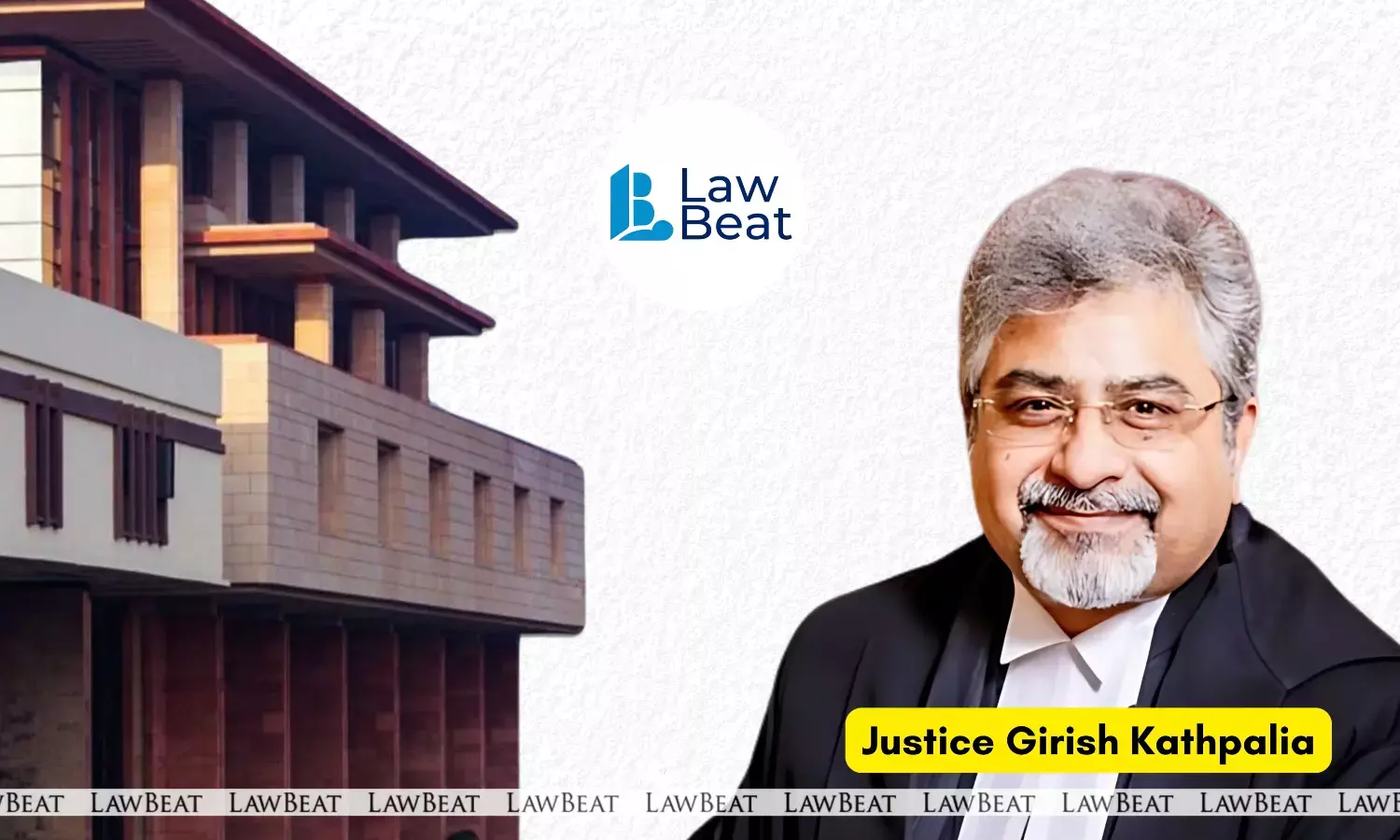Corruption in Police Force Deserves Absolute Intolerance, Says Delhi HC

Corruption by those in positions of power breeds public cynicism and weakens the justice system, the Delhi High Court has said, calling for “absolute intolerance” toward such offences that harm not just individuals but society as a whole.
Justice Girish Kathpalia made these observations while denying anticipatory bail to a Head Constable booked for offences under Section 7 of the Prevention of Corruption Act and Section 61(2) of the Bharatiya Nagarik Sanhita (BNS).
Highlighting that corruption is a societal wound no less than physical crimes, the court said, “The unrest in society caused by corruption by persons highly placed significantly generates cynicism against the system, thereby denting the efficacy of the judicial system meant for creating a peaceful society. Corruption stands at no lesser footing than conventional bodily crimes. Rather, corruption severely injures the body of the entire society.”
It added, “Victims of such crimes are not just the ‘Kalus’ of the society, but all of us – the entire society. Therefore, the societal approach to corruption should be not just of ‘zero tolerance,’ but of ‘absolute intolerance’.”
In 2022–23, Kalu, a bad character as per police records, was allegedly stopped by Head Constable Devender Kumar and HC Manoj, who demanded Rs 1,00,000 from him, threatening to get him arrested in a complicated case as he was returning home after purchasing liquor. A bribe deal of Rs 60,000 was allegedly settled, and Rs 20,000 was paid the same day.
Despite claiming he had reformed, Kalu alleged continued harassment from both police officials, who kept demanding the remaining Rs 40,000. He lodged a complaint on April 15, 2025.
Kalu gave 80 notes of Rs 500 each to the Inspector in the presence of a panch witness from NDMC. The Inspector noted the serial numbers, applied phenolphthalein powder on the notes, and returned them to Kalu. After that, a trap was laid to catch the accused while accepting the bribe.
Kalu informed the raiding team that Devender Kumar had asked him via WhatsApp call to hand the money to HC Manoj. Around 6:00 PM, HC Manoj, in police uniform, arrived on a motorcycle, made Kalu sit behind him, and drove about 50 meters. Kalu then handed over the Rs 40,000 (coated notes). Before he could be caught, Manoj fled on the motorcycle toward Bhairav Enclave.
During arguments, counsel for the accused contended that, at most, the offence alleged against the applicant and HC Manoj amounts to extortion but does not fall under the Prevention of Corruption Act. The senior counsel also argued that the prosecution’s case suffers from an unexplained delay in lodging the complaint.
On the other hand, the prosecutor strongly opposed the anticipatory bail application, arguing that since the accused and HC Manoj demanded money in their capacity as public servants and since HC Manoj received the bribe while in uniform, the case clearly falls under the Prevention of Corruption Act.
Rejecting the anticipatory bail plea, the Court said,“To begin with, no doubt the legal position is that bail is the rule and jail is the exception. But that proposition cannot be stretched to anticipatory bail. Grant of anticipatory bail cannot be a rule. While considering grant or denial of anticipatory bail, what the court has to keep in mind is the factors considered while granting or denying regular bail, and, among other things, the need for custodial interrogation, recovery to be effected, and the overall impact on society at large.”
Reliance was placed on the Top Court’s judgment in Devinder Kumar Bansal vs State of Punjab, 2025, wherein the court upheld the denial of anticipatory bail in corruption cases.
In such matters, the court said, the decision should not convey to society that the legal system is tolerant of such crimes.
It added, “Of course, one is not advocating for zero scope for anticipatory bail in corruption cases; in extremely exceptional circumstances, where the court is satisfied about lack of truth in the charges, grant of anticipatory bail can be justified. But granting anticipatory bail in corruption cases by applying routine parameters would not be safe.”
“While analyzing corruption cases, the court must also keep in mind that the offenders, being well-experienced and in positions of dominance over the victim, often commit such offences in novel ways. Therefore, the court must be able to read between the lines while appreciating the material on record.”
Having observed the above, the anticipatory bail application was dismissed.
Case Title: Devender Kumar vs State NCT of Delhi
Date: 28 July 2025
Bench: Justice Girish Kathpalia
